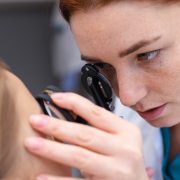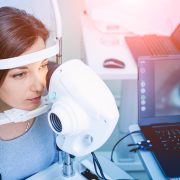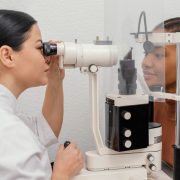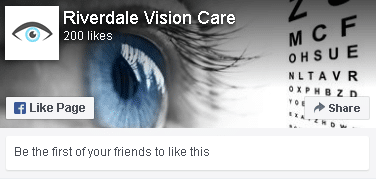Why Are My Eyes Itchy?
Itchy eyes are common, but it’s not always obvious why they’re so itchy. If you’re used to feeling the sting, and you can’t always connect the dots as to why, we’ll look at the main culprits and what you might be able to do to help.
Common Causes for Itchy Eyes
If your eyes are feeling itchy, it may be because:
- They’re too dry. When your eyes can’t make natural tears, they can start to feel itchy. Even if your eyes can produce tears, they need oil in order to really moisturize your eyes. If the gland is blocked for any reason, even tears might not be able to save the day. Dry eye in Riverdale, NJ, is a condition that isn’t always easily solved by over-the-counter eyedrops. You may need professional care if your eyes are too dry.
- You’re feeling the full brunt of allergies. You probably aren’t shocked to feel itchy eyes during the pollen season. The less obvious connection is usually allergies to dust mites, which can be more prevalent than people realize — even if you tend to clean on a daily basis.
- You have an infection: Infections like pink eye or blepharitis can irritate your eyes and cause them to itch.
- You’ve outworn your contact lenses. Not everyone’s eyes can handle contact lenses for long periods of time. It’s important to give your eyes a break from time to time.
As you can see from the list, the range of reasons can be very different. For some people, the answer might be as simple as stepping away from a computer screen. For others, it might be a more involved investigation into which allergen is causing the problem.
Why Talk to an Eye Doctor in Riverdale About Your Itchy Eyes
An eye doctor in Riverdale, NJ will do more than just diagnose you, they can get you the treatments you need. In addition, they can typically make recommendations that can prevent the problem from happening again. For instance, if you have dry eyes, you may need to use gentle heat on your eyelids to unclog your glands. If you’re ready to talk to a professional about your itchy eyes, contact the staff at Riverdale Vision Care today!












